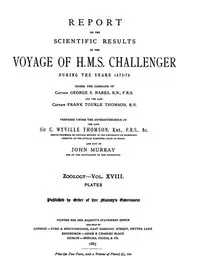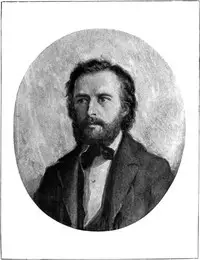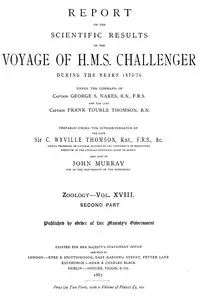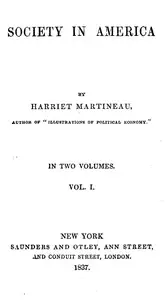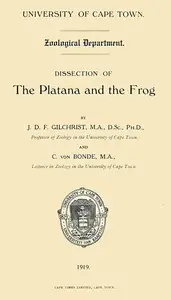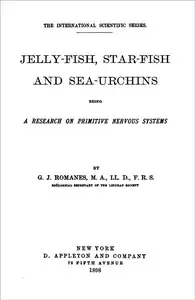"Freedom in Science and Teaching" by Ernst Haeckel is a scientific publication written in the late 19th century. The work consists primarily of a defense of the theory of evolution, responding to critiques made by Rudolf Virchow, which it argues must be freely taught and investigated in educational contexts. Haeckel engages with the notions of scientific freedom and the relationship between science and societal beliefs, making a case for the necessity of unrestricted inquiry in the pursuit of knowledge. At the start of the publication, the author sets the stage for a significant academic dispute with Virchow regarding the doctrine of evolution. In the preface, Haeckel articulates his reluctance to publicly argue against a mentor and esteemed colleague but feels compelled to respond to Virchow's criticisms. He highlights the importance of freedom in scientific exploration and expresses concern over the implications of restricting teaching on evolutionary theories. The subsequent chapters introduce fundamental concepts of evolution and critique opposing views, effectively laying the groundwork for an extensive discourse on the necessity of defending evolution in the face of societal and scientific challenges. (This is an automatically generated summary.)

Freedom in Science and Teaching. from the German of Ernst Haeckel
By Ernst Haeckel
"Freedom in Science and Teaching" by Ernst Haeckel is a scientific publication written in the late 19th century. The work consists primarily of a defe...
Ernst Heinrich Philipp August Haeckel was a German zoologist, naturalist, eugenicist, philosopher, physician, professor, marine biologist and artist. He discovered, described and named thousands of new species, mapped a genealogical tree relating all life forms and coined many terms in biology, including ecology, phylum, phylogeny, and Protista. Haeckel promoted and popularised Charles Darwin's work in Germany and developed the influential but no longer widely held recapitulation theory claiming that an individual organism's biological development, or ontogeny, parallels and summarises its species' evolutionary development, or phylogeny.

